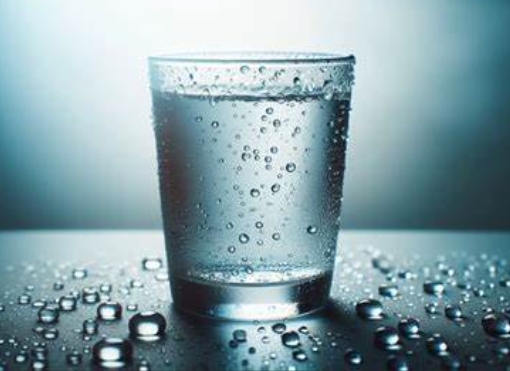Staying hydrated is one of the most important aspects of maintaining overall health, yet it is often overlooked. Water is essential for almost every function in the body, from regulating body temperature to aiding in digestion, supporting joint health, and detoxifying the body. In fact, our bodies are made up of about 60% water, which emphasizes how vital hydration is to our daily well-being. Proper hydration is not only necessary for physical performance but also for cognitive function, skin health, and emotional balance.
When the body is properly hydrated, it can function optimally. However, dehydration can cause a wide range of issues, from fatigue and headaches to poor digestion and dry skin. Even mild dehydration can affect mood, focus, and energy levels. It can also impair the body’s ability to regulate temperature and affect kidney function, which in turn can lead to more serious health problems. Therefore, it is crucial to prioritize hydration as a key component of a healthy lifestyle.
Water plays a key role in maintaining the balance of bodily fluids. These fluids are necessary for several bodily functions, including nutrient transportation, blood circulation, and waste removal. Without sufficient hydration, these processes can become inefficient, leading to feelings of sluggishness and discomfort. Staying hydrated helps maintain the balance of electrolytes in the body, such as sodium, potassium, and magnesium, which are vital for cell function and nerve transmission.
Hydration is especially important for maintaining healthy skin. The skin is the body’s largest organ and relies on adequate hydration to remain soft, plump, and radiant. Dehydration can lead to dry, flaky, and irritated skin, as well as a loss of elasticity, which accelerates the formation of wrinkles. Drinking enough water helps the skin retain moisture, support collagen production, and flush out toxins that could otherwise contribute to breakouts and other skin issues.
In addition to keeping the skin looking youthful and healthy, water is crucial for digestive health. It aids in the digestion and absorption of food and helps prevent constipation by softening stools. Drinking water throughout the day can also support the body’s detoxification process by flushing out waste and toxins through the kidneys and urinary system. For those suffering from digestive discomfort, staying hydrated can ease symptoms of bloating and indigestion, promoting overall digestive health.
The relationship between hydration and cognitive function is also undeniable. Dehydration can affect brain function, leading to difficulty concentrating, poor memory, and mental fatigue. Even mild dehydration has been shown to impair cognitive performance, which can have an impact on productivity, decision-making, and mood. On the flip side, staying hydrated promotes clear thinking, mental alertness, and better focus, which can improve work performance and cognitive well-being.
In addition to water, other beverages and foods can contribute to overall hydration. Herbal teas, for example, are a great way to hydrate, as they are caffeine-free and contain various antioxidants that promote health. Fresh fruit and vegetable juices, as well as smoothies, provide fluids along with essential vitamins and minerals. Foods like cucumbers, watermelon, and oranges have high water content and are excellent additions to any diet to boost hydration levels.
For those who are physically active, hydration becomes even more important. Exercise causes the body to lose water through sweat, and staying hydrated ensures that the body can continue to perform at its best. Proper hydration before, during, and after physical activity helps maintain endurance, regulate body temperature, and prevent dehydration-related symptoms such as muscle cramps and dizziness. It also helps with muscle recovery by supporting nutrient delivery to muscles and removing waste products from the body.
The amount of water an individual needs varies depending on various factors, including age, sex, activity level, and climate. However, a general guideline is to drink at least eight 8-ounce glasses of water a day, which equals about 2 liters or half a gallon. This is known as the “8×8 rule” and is easy to remember. It’s important to listen to your body, as thirst is a natural indicator that your body needs hydration. Additionally, individuals who are more active, pregnant, breastfeeding, or living in hot climates may require more fluids to stay properly hydrated.
It’s worth noting that while water is the best source of hydration, other beverages and foods also contribute to fluid intake. However, sugary drinks, sodas, and excessive amounts of caffeine should be consumed in moderation, as they can lead to dehydration and other health issues when consumed in large quantities.
To ensure proper hydration, consider carrying a water bottle throughout the day, especially if you’re on the go. Set reminders on your phone or use apps that track your water intake to help you stay consistent. Hydrating in small sips throughout the day is more effective than drinking large amounts at once. It’s also a good idea to drink a glass of water before each meal to support digestion and prevent overeating.
In conclusion, hydration is vital for maintaining good health, supporting proper bodily functions, and preventing a range of health issues. From maintaining healthy skin and supporting cognitive function to aiding digestion and improving athletic performance, water is essential for overall wellness. By making hydration a priority and incorporating plenty of fluids into your daily routine, you can support your body’s needs and promote long-term health.




